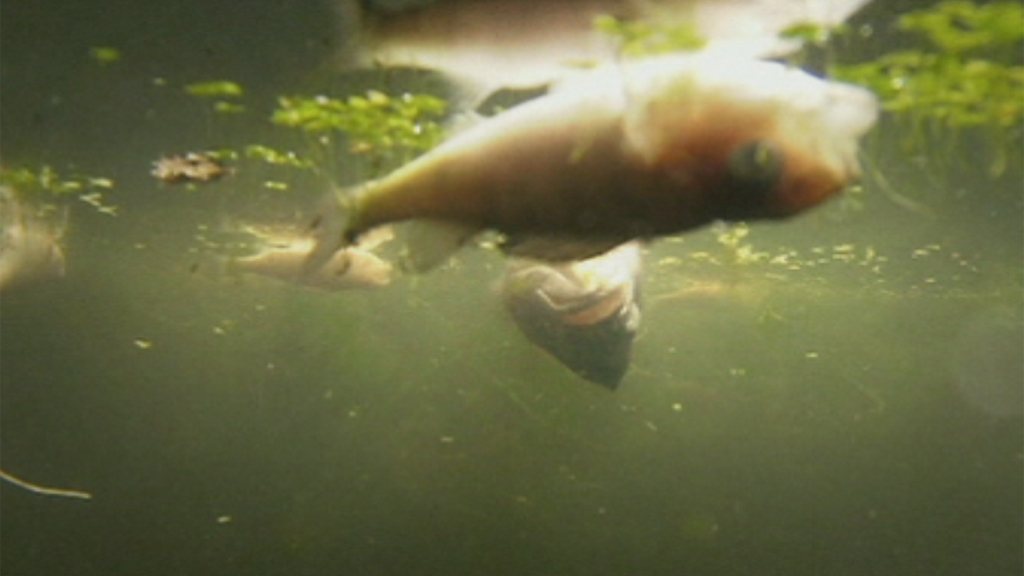Tens of thousands of fish die in recent heatwave
 Liam Dutton
Weather Presenter
Liam Dutton
Weather Presenter
The recent heatwave has led to tens of thousands of fish dying in the UK’s lakes and rivers, with officials racing to save many more.

July’s combination of prolonged heat and low rainfall caused oxygen levels in the water to fall dangerously low, exposing fish to suffocation or distress.
There were more than 15 separate incidents last month that resulted in the deaths of almost 50,000 fish due to the weather, with many thousands more rescued by Environment Agency teams and partners.
In Welney, Norfolk, routine monitoring revealed a significant fall in oxygen levels in a river, with water-aerating equipment installed to improve conditions for the fish.
At Pitville Park Lake in Cheltenham, teams worked round the clock and used specialist pumping equipment to restore oxygen levels to normal levels.
In Tiptree village pond, Essex, the Environment Agency responded to reports of hundreds of fish in distress and 50 dead. Oxygen levels were found to be down to 3 per cent. With the help of aeration pumps, they were able to boost levels to a healthy 40 per cent.
Whilst rainfall is often considered helpful in alleviating the low water levels, heavy rainfall, such as the downpours which followed the heatwave, can cause an increase in diffuse pollution.
Sediment washed off roads, as well as from sewerage systems and agricultural land, can also lowers oxygen levels considerably. It is these rapid changes in water conditions that leave little time for fish to acclimatise, the Environment Agency said.
Geoff Bateman, head of fisheries and biodiversity at the Environment Agency, said: “Long periods of hot weather with low rainfall can be deadly for fish.”
He added: “With the help of the public we can continue to react quickly and help protect wildlife. People at home can also play their part by using water wisely; the less people take from the tap means more for our rivers and the wildlife which they support.”